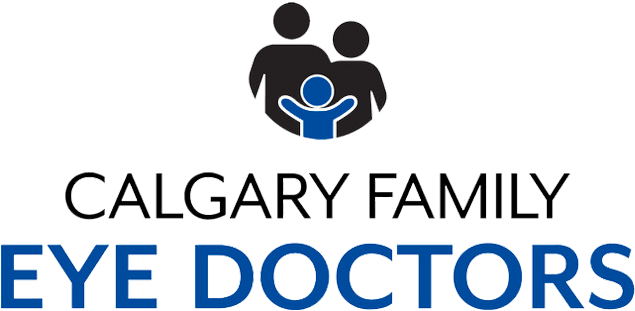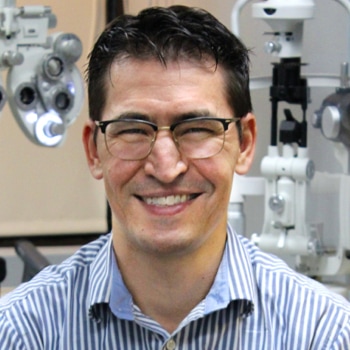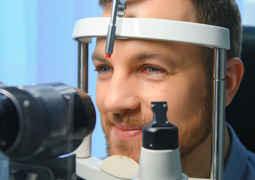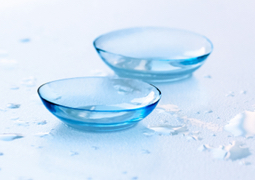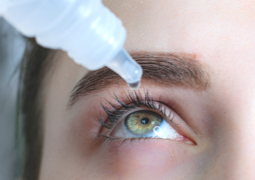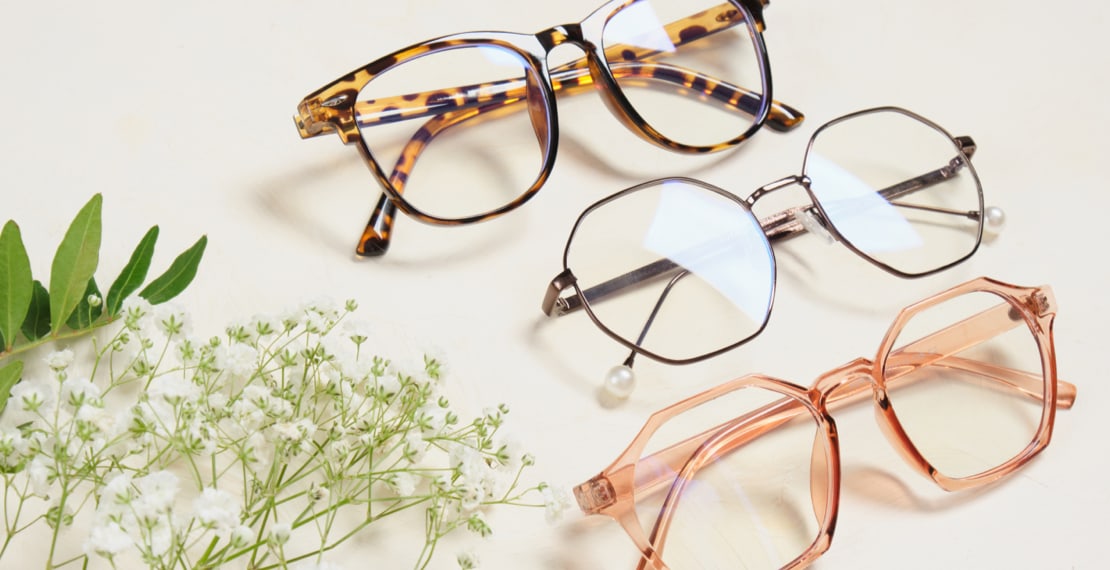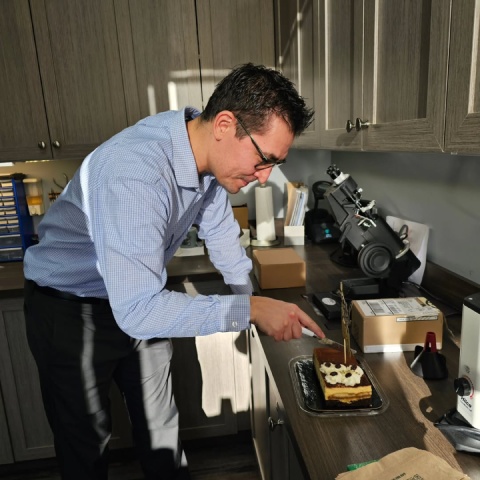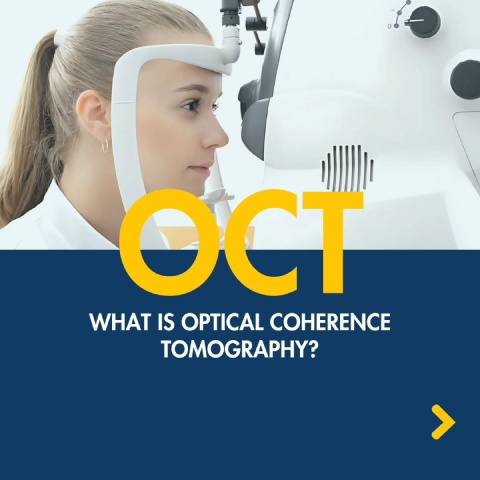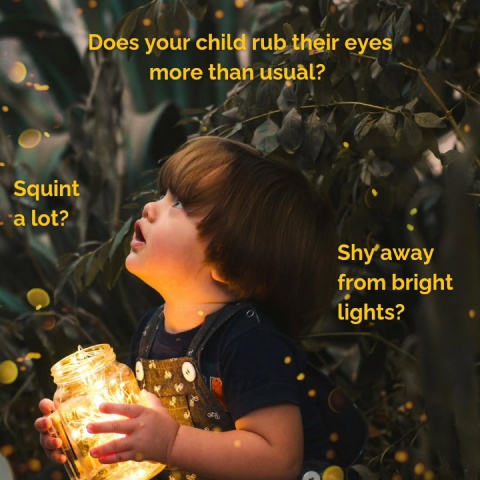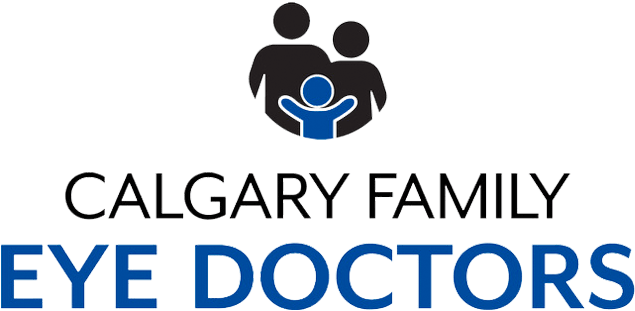A note: if this post looks familiar to you and you’re a newsletter subscriber, that’s because this post was initially released as a newsletter to our patients. If you’d like to sign up for our newsletter, please sign up here.
Do you suffer from dry eyes?
Have you tried multiple drops and found only temporary relief – or no relief at all? That’s likely because you haven’t found the actual cause of your dry eyes.
Let us help you!
 We’re introducing a new way to diagnose and treat dry eyes for patients of all ages!
We’re introducing a new way to diagnose and treat dry eyes for patients of all ages!
We’re partnering with a local Ophthalmologist to bring you a brand-new, state-of-the art Dry Eye Clinic. This new service allows us to accurately diagnose the root cause(s) of your dry eyes – which means that our Optometrists can properly treat it. At the end of the day, that means you can get some real relief.
How does the Dry Eye Clinic work?
The first thing you’ll do is meet with one of our Optometrists for a dry eye focused diagnostic exam. This exam takes about 30 minutes and includes a questionnaire; an evaluation of your current medication list; and an in-depth look at your tear film, tear break up time, and meibomian glands, including imaging. (Meibomian glands produce meibum, a substance that keeps tears from evaporating.) At the end of this consultation, your Optometrist will go over your results with you and will create a treatment plan.
After that, depending on your individual treatment plan, you may have some follow-up dry eye treatment sessions.
How can the Dry Eye Clinic help you?
Because your Optometrist has to look at many other things to ensure your eye health, evaluating dry eyes only takes up a small portion of a regular eye exam. As a result, chronic dry eye sufferers don’t usually get treatment that provides lasting relief.
That’s why the Dry Eye Clinic is different: its sole focus is dry eyes. When you come in for your sessions, the focus is only on finding the cause of your dry eyes – and treating it. The Dry Eye Clinic lets your Optometrist take off the band-aid of eye drops and gives them the opportunity to look at what’s going on below the surface. Your Optometrist can help you, and you can get some real relief from your dry eye symptoms.
Important Notes about the Dry Eye Clinic:
- Before coming in for a dry eye assessment, we strongly recommend that you’ve had a full eye exam within the last 12 months. This is to ensure that your Optometrist has the most up-to-date information about your eye health.
- Please do not wear makeup to your dry eye appointment.
- Even though it has the same Optometrists, the Dry Eye Clinic runs independently of our regular eye clinic and has different associated costs. We currently have an introductory price of $99 for the initial assessment. After the introductory period, assessments will be $179. Dry eye follow up appointments will generally be covered by Alberta Health, though there may be some exceptions. Please also check with your insurance provider to see if your dry eye appointments are covered.
About Dry Eyes
What is Dry Eye Syndrome?
Dry eye syndrome (or simply “dry eyes”) occurs when your tears don’t provide enough lubrication for your eyes. It’s a fairly common condition, but it can be uncomfortable. Advanced dry eyes can cause some eye damage to the front surface of the eye, which can lead to vision issues.
It’s all about the tears.
Our tears are important! They keep our eyes lubricated, which help protect from infection by washing away dirt and other substances; tears also keep the eye’s surface smooth and clear, which helps with clear vision. When we have dry eyes, this means that either our eyes aren’t making enough tears (which means our eyes aren’t being lubricated), or the tear quality is poor (which means that the tears aren’t doing their job properly).
Common dry eye symptoms:
- Stinging or burning sensation
- Red eyes
- Feeling that something is in your eye(s)
- Light sensitivity
- Blurred vision
- Eye fatigue
- Watery eyes
Factors influencing dry eyes:
- Gender – women are more likely to have dry eyes
- Medication and drugs – beta-blockers, antihistamines, diuretics, and psychotropic drugs are all known to be associated with dry eyes
- Age – your eyes get drier as you get older
- Temperature – the cold receptors in your cornea are what make your eyes feel dry (which can be why your eyes feel drier when it’s cold out!)
If the Dry Eye Clinic sounds like something that would benefit you, call our clinic at 403-225-5660 to get more information. We’d love to help you find real relief from dry eyes!
